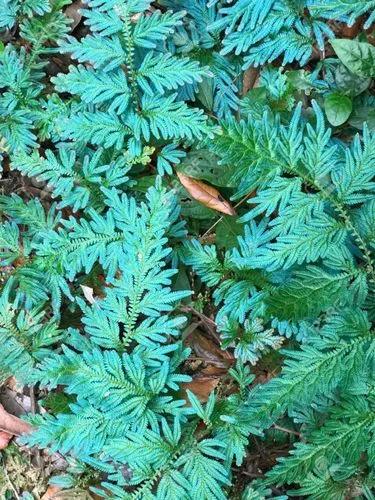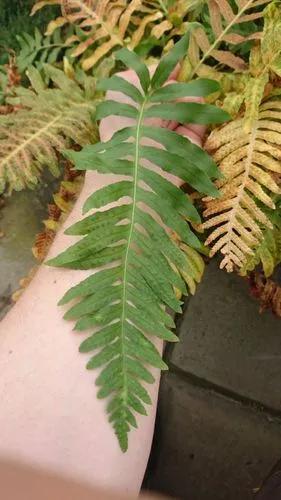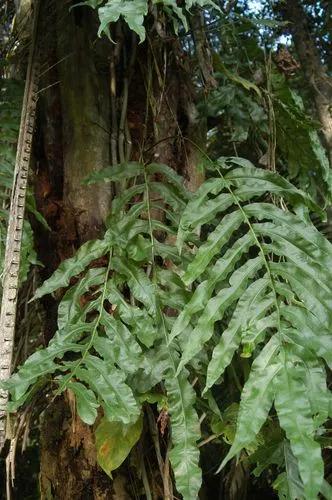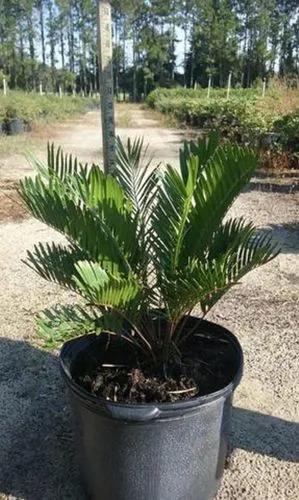Crinkle Leaf Sword Fern is a species of fern native to western North America from British Columbia to southern California. Gardeners use it to create borders and shady areas, as well as ground cover and backdrop for flowering plants. Even though this plant is whimsical in care, it remains a popular houseplant and pleases its owners with an elegant appearance.
Crinkle Leaf Sword Fern Care
Nephrolepis exaltata 'Emina'
Other names: Emina Fern, Crinkle Leaf Sword Fern, ‘emina’ Curly Boston Fern, Curly Boston Fern, Dragon Tail Fern, Curly Fern



Crinkle Leaf Sword Fern differs from other ferns in the shape of the leaves. They are green, narrow, and resemble a sword, and the height of the plant reaches 32 inches (80cm). In nature, these ferns are common in forests, near water, and on disturbed landscapes, including scree and roadsides. Various types of butterflies feed on their juice and leaves. Crinkle Leaf Sword Fern does not bloom but reproduces by spores.
How to Care for the Plant

Water

Crinkle Leaf Sword Fern is fond of moderately moist soil, so the soil for normal fern growth must always be moist. In summer and spring, you should water the plant after the top of the soil has become dry. In autumn and winter, water one or two days after the soil dries out. Use settled water at room temperature.

Pruning

Polystichum imbricans does not need much pruning. If the plant is sick, you may remove the affected leaves and treat them with the appropriate systemic fungicides instead of treatment.

Fertilizer

Gardeners recommend adding organic fertilizers to the soil when planting Crinkle Leaf Sword. In spring and summer, once every 20-30 days, you can add 15 g of complex fertilizer per bucket to the water for irrigation.

Sunlight

In nature, Crinkle Leaf Sword Fern grows in the shade of trees. The plant will feel very good if you place it in partial shade. Even in full shade, the bush will grow well. However, then it will not be fully decorative.

Soil

The soil for planting Crinkle Leaf Sword Fern should be slightly acidic. The ideal would be a mixture of peat, sod soil, leaf humus, and sand, taken in equal parts, with the addition of 150 g of organic substance per bucket of soil. The mixture should be previous and loose.

Propagation

Polystichum imbricans reproduces by division of the rhizome. You need to transplant the resulting parts directly into the soil immediately. You can use leaves to produce brood buds. You can also use the spores contained in the brown sacs on the underside of the leaves.

Temperature

During the summer and spring, Polystichum imbricans thrives at 68 degrees Fahrenheit (20 Celsius). If the temperature in the room exceeds 75 degrees Fahrenheit (24 Celsius), the plant must get moisture with a spray bottle. Heat and dry air have a detrimental effect. In winter and autumn, the optimum temperature for ferns will be at least 60 Fahrenheit (16 Celsius).

Container

The container for Polystichum imbricans should be medium in size so that the plant's root system can grow without problems. Choose a pot where the water will not stagnate. Otherwise, the fern may die or get sick.

Fun fact

Japanese scientists have proven the fern removes radiation. Therefore, people in East countries often eat it.

Popularity

242 people already have this plant 53 people have added this plant to their wishlists
Discover more plants with the list below
Related articles






